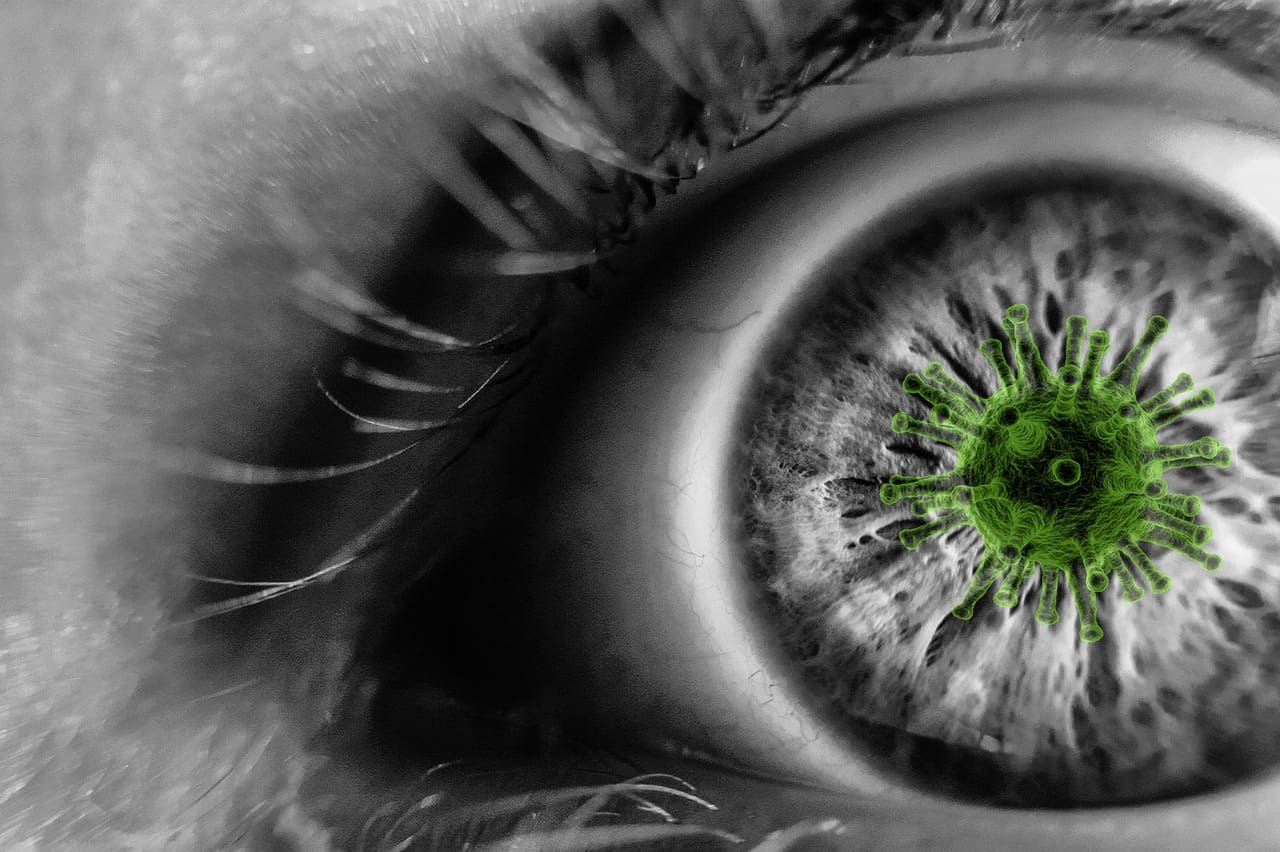Eye infections, caused by bacteria, viruses, fungi, or parasites, can lead to discomfort, redness, discharge, and vision disturbances. Optometrists, as primary eye care providers, play a crucial role in diagnosing, managing, and treating a variety of eye conditions, including infections. This may include prescribing eye drops, oral medications, or other treatments.
Scope of Optometric Practice
Optometrists are skilled eye care professionals trained to assess, diagnose, treat, and manage a wide range of eye conditions, including infections. Their expertise encompasses conducting comprehensive eye examinations, prescribing corrective lenses, detecting eye diseases, and providing appropriate interventions to maintain eye health and vision quality.
Diagnosing Eye Infections
Upon encountering symptoms suggestive of an eye infection, such as eye redness, pain, discharge, or vision changes, individuals often seek evaluation from optometrists. Optometrists use specialized tools and techniques during eye examinations to assess the ocular surface, identify signs of infection, and determine the causative organism responsible for the infection.
Tests to Diagnose Eye Infections
There may be multiple tests or procedures needed to identify and diagnose an eye infection properly. One of the most common procedures is using a slit lamp microscope to assess the front surface of the eye, the cornea and conjunctiva. These are the most common locations of eye infections and by using magnification and dyes, an optometrist can identify if there is an eye infection present and what is causing the infection.
How Can Optometrists Treat Eye Infections
Optometrists are equipped to manage various types of eye infections, including conjunctivitis (pink eye), blepharitis, keratitis, and other infectious conditions affecting the eye structures. Treatment modalities may involve prescribing topical antibiotic eye drops, antiviral medications, or antifungal agents to combat the specific causative agent of the infection and alleviate symptoms.
Many times eye drops will be prescribed in conjunction with an ointment or oral medication to address both any infection on the front of the eyes and within the eyelids. Bandage contact lenses or amniotic membranes may be used if the infection has caused significant damage to the front of the eye.
Monitoring and Follow-Up
Following the initiation of treatment for an eye infection, optometrists play a pivotal role in monitoring the patient’s response to therapy, evaluating the infection’s progression or resolution, and adjusting treatment regimens as needed. Regular follow-up appointments allow optometrists to ensure optimal healing, address any persistent symptoms, and prevent potential complications.
Educational Guidance and Preventive Care
In addition to treating eye infections, optometrists provide educational guidance on proper ocular hygiene practices, preventive measures to reduce the risk of future infections, and strategies to maintain overall eye health. Educating patients on infection prevention, contact lens hygiene, and early symptom recognition empowers individuals to protect their eyes and promote ocular wellness.
Collaboration with Ophthalmologists
In cases where specialized care or surgical interventions are required for severe or complex eye infections, optometrists collaborate closely with ophthalmologists, who are medical doctors specializing in eye and vision care. Ophthalmologists may provide advanced treatments, surgical procedures, or specialized interventions to manage refractory infections or more serious ocular conditions.





